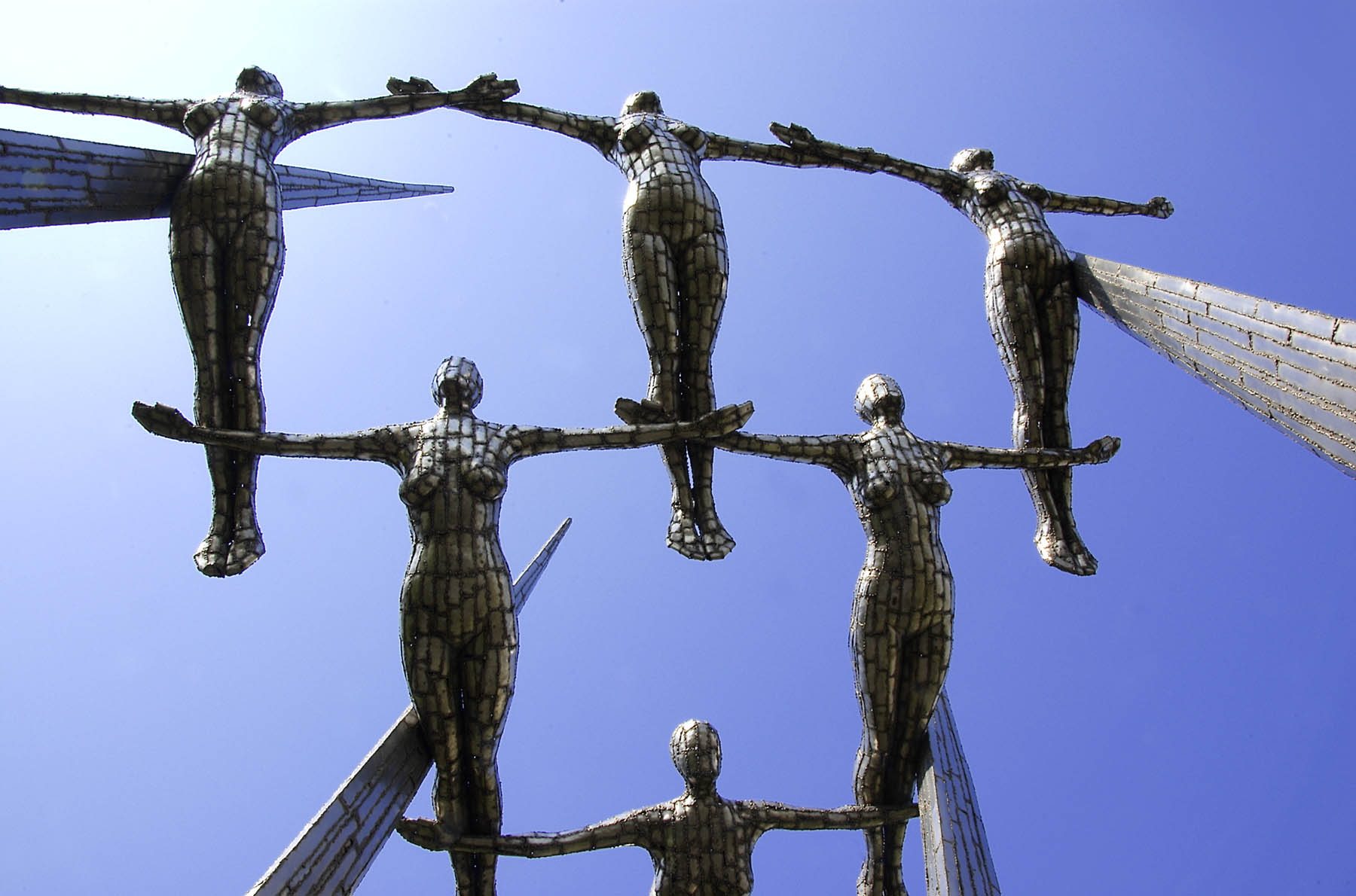“The continued existence of our species is predicated on the fact that women are designed to withstand pain.”
I’m not usually vain enough to quote myself, but I said that one night while otherwise inebriated and reeling from heartache, both personal and societal. But let me take a step back from that and paint a broader picture.
Knowing full well that our bodies will be ripped apart, women give birth. Neither stretch marks, speculums, or stitches keep us from the continued pursuit of life. Some of us are crazy enough to do it more than once! Contrary to what they tell you, you never forget that pain. Yes, we may be washed in the effects of brain-washing, baby-loving hormones, but we don’t forget the pain of pushing a human being out of our bodies.
So why do we willingly, knowingly, and seemingly insanely walk into hours of horrific and traumatic pain? I believe it’s because women were built to withstand it. That’s the only way our species continues to exist. Women have to be able to feel pain and navigate our way to healing, understanding that “this too shall pass.”
For Black women, that life giving pain is intrinsically linked with racism.
Women have to be able to feel pain and navigate our way to healing, understanding that “this too shall pass.” For Black women, that life giving pain is intrinsically linked with racism.
Throughout Black female history, our children have been taken from us by force, either killed, enslaved, or imprisoned. Throughout Black Female history, our communities have been ravaged, by either economic injustice or police brutality, but definitely by racism. We never get used to the pain, but we navigate it with varying degrees of success. Because “this too shall pass”.
Now I want to focus my premise a bit.
When Bey unleashed Lemonade on us, she (as my friend put it) “started some mess up in people’s homes.” The dual messaging of infidelity and (re)formation of black womanhood is powerful. It is a wonder of black feminist art – blending music, poetry, moving pictures, landscape, and more to paint one of the most poignant pictures of the black female experience in years.
Saturday night, Lemonade screamed “this, too, shall pass” directly in my face, through my tears, through my shock, through my heartache. Lemonade is more than a meditation on pain and recovery; it’s a salute to, and declaration, of resilience.
Black women have grown accustomed to external assaults. We expect to encounter racism and sexism on any given day. We expect to be told, repeatedly, that our existence as Black Women is a negative, and to have both of those aspects of our identities assailed.
Black women have grown accustomed to external assaults. We expect to encounter racism and sexism on any given day. We expect to be told, repeatedly, that our existence as Black Women is a negative, and to have both of those aspects of our identities assailed.
I’m fairly certain Beyonce expected, as did Black women across America, to endure the attacks of racist sexism (and sexist racism) following the release of “Formation” and now Lemonade. Beyonce put both her Blackness and Womaness on display, boldly rallying Black Women to stand in formation with her, to face the onslaught of pain together. When the mothers of the movement appeared, holding photos of their departed children, they stood in formation with Black women across America, against racism and in support of our recovery from the unique pain it inflicts on us.
I’m also fairly certain that Beyonce expected to endure some sexist attacks from our own “brothers”; Black men, who took to Twitter to long for the days of “Cater 2 U”, the days before Beyonce proclaimed her existence as a Black woman (read feminist). Just as mainstream (read white) consumers felt violated by the political nature of “Formation,” it appears that many vocal black men felt violated by her declarations of feminism and existence as a Black Woman.
(I’m not at all saying that all Black men have been anti-Lemonade/Black Feminism. The existence of this very community says otherwise.)
While Black women expect to be assailed by the outside world, we aren’t often prepared for attacks from the “inside world”, from our partners (husbands) and our community (Brothers). That’s the double entendre in Lemonade. Betrayal by partners and betrayal by community. In the face of these dual betrayals, Black Women must stand together, in formation, to weather the pain. Because this, too, shall pass.
The continued existence of our people depends on it.
